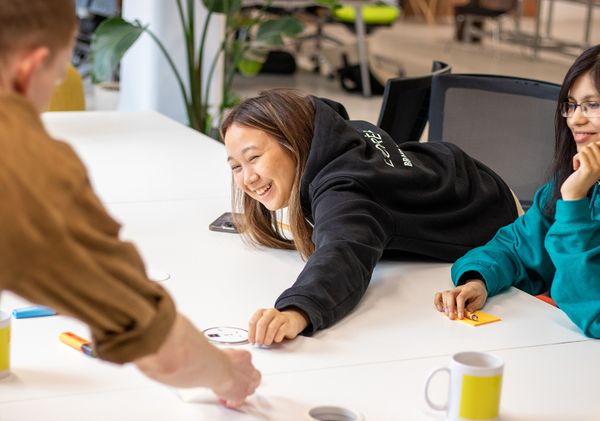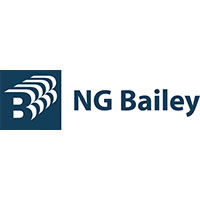
What is a placement?
A placement is a structured program where a student will spend an entire academic year working for a company as a full-time paid employee, before returning to university to complete their degree.

Also known as an industrial placement or a year in industry, they will typically take place between your second and last year of university. They are most often optional but, in some cases, a built-in feature of a course (commonly known as a sandwich degree).
The best placements will give you full exposure to the company and its culture. During your placement year, you’ll develop a solid understanding of the industry and build transferable skills that’ll set you up for life - whatever career you decide to pursue. These can include:
Commercial awareness
Dealing with conflict
An ability to be proactive
Managing up
Resilience
Plus, adding an industrial placement to your CV will go a long way in helping you secure a job after university.
An alternative to placements are internships. If you're unable to take a year out of university, an internship is an excellent option. They tend to last up to four months over the summer holidays. Find out more below.
Is it worth doing a placement year?
Absolutely, yes! Here’s why: with around 91 applicants per job, securing a graduate role is competitive AF. A placement will give you the experience employers really value, setting you apart from those without one.
Better graduate job prospects
Companies often hire former placement students and interns as graduates because they already have the skills and familiarity with the workplace. In fact, 46% of placement students at our top student employers are offered graduate jobs.
Gain practical experience
A placement will give you hands-on experience by upping your skills and boosting work confidence. Combine this with everything you’ve learned at university and bam! You’re job-ready, which will work wonders for the graduate job hunt.
Build industry contacts
Even if a placement doesn’t directly lead to a job, you’ll build valuable professional contacts. You’re there for a whole year, so you’ll have plenty of time to impress various people and gain references for future opportunities.
Still unsure whether it’s the right decision for you? Jump over to our advice area for more expert tips:
Placement Advice

The placement allowed me to put the theory I had learned at university into practice and become proficient using industry standard finite element analysis software. I worked on a large range of projects spanning all areas of the car, different materials, and different manufacturing processes and finishes. Structures Industrial Placement, Williams Racing
Do you get paid on a placement year?
YES*! A placement student will receive a salary and other perks for the duration of their programme. The typical salary is between £18,000 - £23,000 per year, but there are opportunities available on Higherin that pay even higher.
How much you are paid will depend on the type of industrial placement, the length of time you work for and where the company is located. For example, the average salary for placement students across the UK is just over £20,300 a year, whereas the average salary in London almost £22,000.
Find out more in our latest guide to the Highest Paid Placements.
*At Higherin, we’ll never advertise unpaid work experience. We wholeheartedly believe that you deserve to be paid a fair and decent wage for your work.
How do I find a placement?
You can get work experience almost anywhere in the UK; from Bristol to Glasgow. There are so many ways to find a placement! Here are some of the best ways to start:
Ask yourself questions
A good place to start is to think about what you actually want from a placement.
Do you want to move to a new city?
Do you want to try a new section of the industry you’re studying in?
Do you want to try a completely different industry?
Is there a company you’re interested in working in?
Use the right job boards
Sites like Higherin make it easy to find placements. You can filter by location, employer, or industry to find your perfect match. Easy, right?
FIND A PLACEMENTSpeak to your university careers service
Don’t neglect the careers advisors! They are an integral part of the job hunt and often know about placements all over the country, even some that might not be advertised yet 😉.
How to apply for a placement
There’s a lot to do, but don’t worry! There are a few simple ways to manage the process.
Perfect your CV - Make sure your CV is clear and highlights your best skills for the role. Tailor it to show why you’re the right fit. For more tips, check out our placement CV guide.
Practice interview questions - Enlist the help of family and friends and get to practice those questions! It’ll help you remember key points you’d like to mention and get you in the flow of interviewing.
Apply early - The best time to apply is right at the beginning of your second year. Most employers start advertising their jobs from September, and may close applications early if they receive too many! Avoid disappointment and get your application in as soon as possible.
We’ve put together an Ultimate Placement Timeline packed with key dates and all the application advice you could ever want. The best part? It’s free!


























